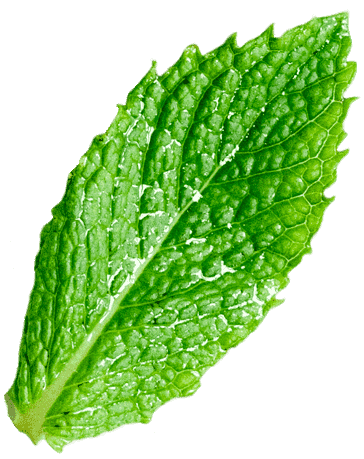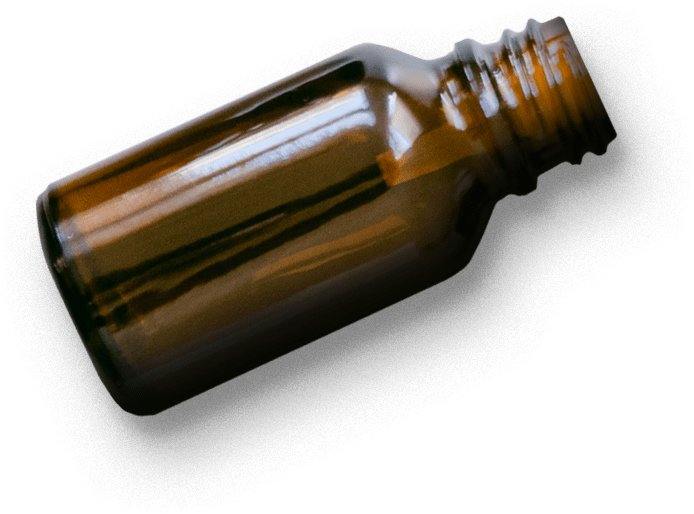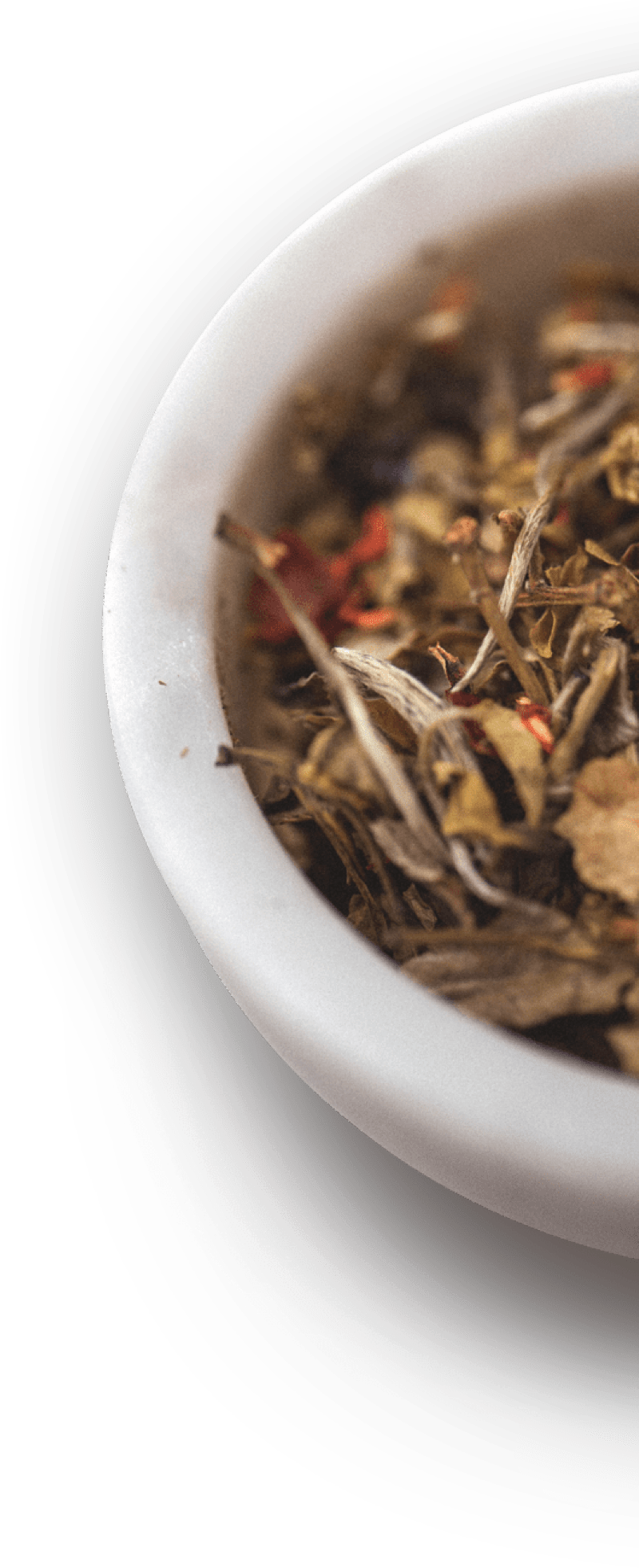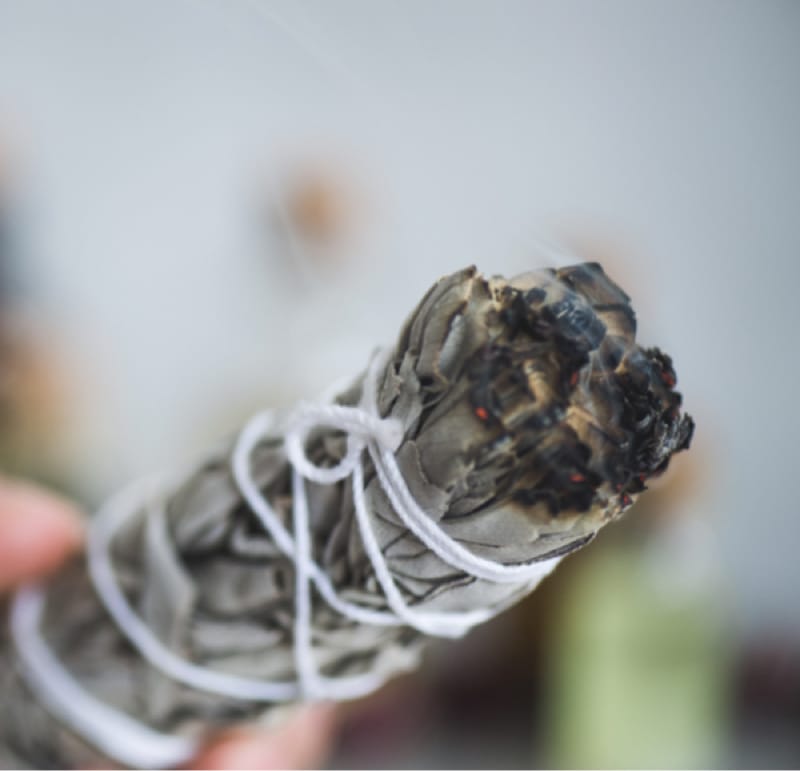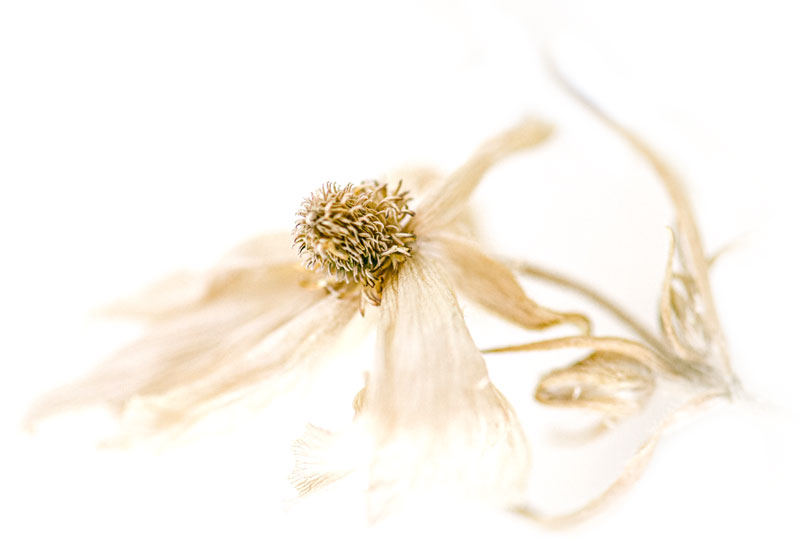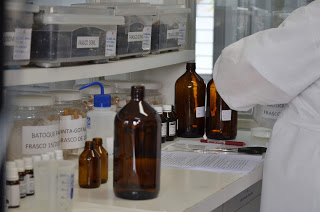
Background: Leishmaniasis is a major vector-borne metazoonosis disease, caused by obligate intramacrophage protozoa of the genus Leishmania. Their exclusively intracellular life style suggests that the amastigotes possess mechanisms to avoid killing by host cells. Cutaneous leishmaniasis, the most common form of the disease, causes ulcers on exposed parts of the body, leading to disfigurement, permanent scars, and stigma and in some cases disability. Many studies concluded that the cytokines profile of host immune system has fundamental role in humans and animals natural self-healing. In this study we detected and quantified the cytokines profile produced by macrophages during Leishmania amazonensis interaction after Thuya or M1 treatment.
Methodology: Cells of murine strain RAW 264.7 (ATCC:TIB -71) were treated with Thuya 30 cH or with the M1complex during 48 hours, and allowed to interact with cultured Leishmania amazonensis strain WHOM/BR/75/Josefa for 2 and for 18 hours. The supernatant aliquots were processed in a Luminex MAGPIX® (EMD Millipore®) apparatus, using a MILLIPLEX MAG PIX for 13 cytokines kit, according to the manufacturers’ instructions. IL1α, IL1β, TNFα, IL 6, IL 10, IL12 p40, IL 12 p70, MIP-1β, INFγ, MCP-1, RANTES/CCL 5, GM-CSF and VEGF-α were measured, in duplicate samples. Results were expressed in pg/mL. Samples with quantification below the detection limit for the analysis were registered as “zero” and samples above the quantification limit of the standard curb were registered with the value equal to the highest value of the curb.
Results: the treatment with Thuya, after 18 hours modified 5 from 13 cytokines tested: increased IL 12 p70, and IL1β; decreased MCP-1, TNFα, and INFγ. The treatment with M1 complex altered 6 from 13 cytokines tested: increased IL1α, IL 10, IL 12 p70, INFγ, and MCP-1; and decreased MIP-1β. The main results were resumed in Figure 1.

Fig.1: Main results signaling cytokines whose quantification has changed after treatment with Thuya and M1, indicating also the main functions of each one.

